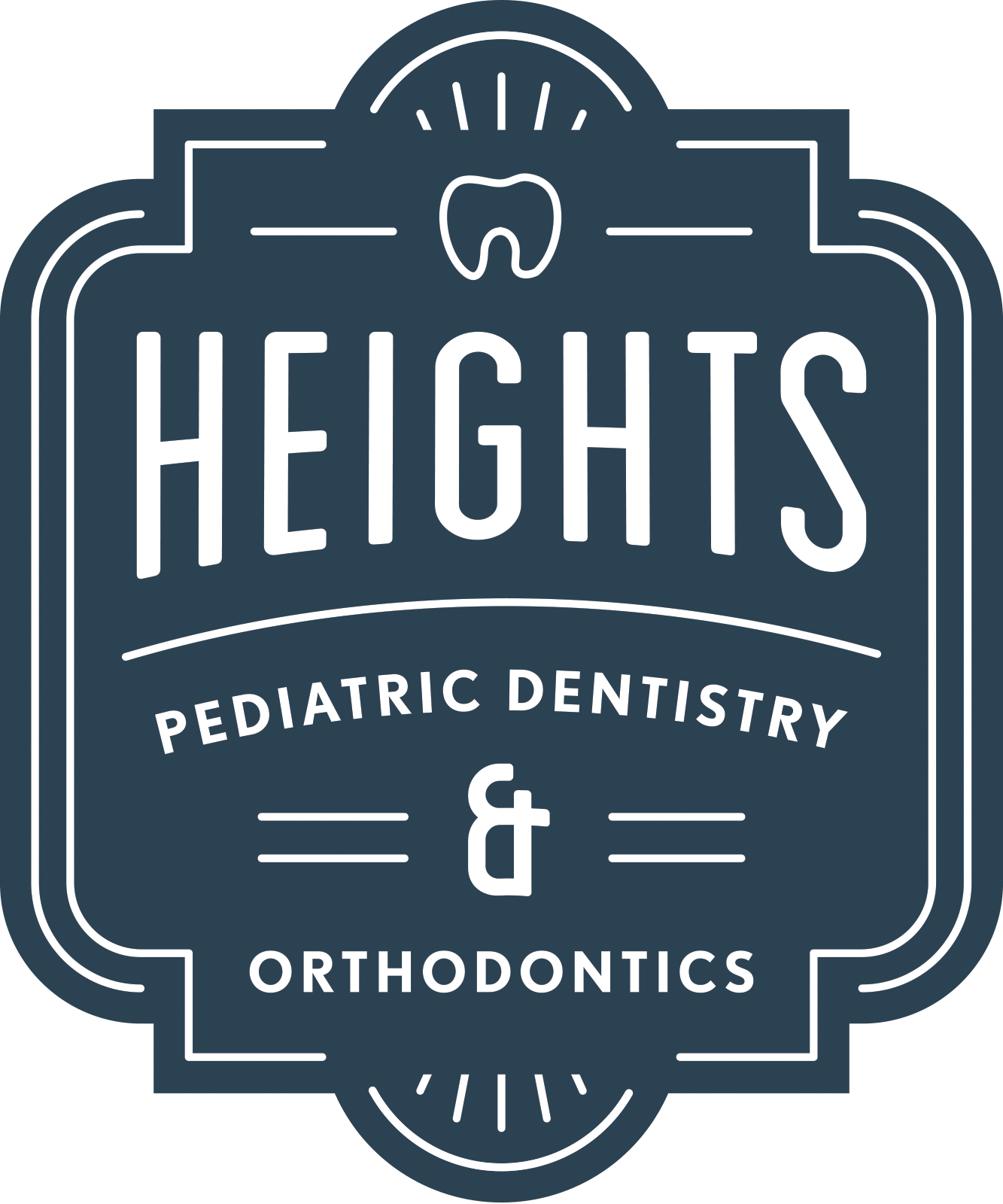The Benefit of Sealants!
/As soon as the first tooth erupts, cavities instantly become children’s dental archenemy making regular brushing extremely necessary. At Heights Pediatric Dentistry & Orthodontics, we place a great emphasis on prevention. That includes diet and oral hygiene instruction with patients and caregivers, fluoride application and specifically, sealants. Sealants are a protective coating for the grooves of teeth where toothbrush bristles and floss can’t reach, most specifically the back teeth such as premolars and molars.
Think of sealants as the Captain America shields against tooth decay. They are recommended for baby and adult teeth with deep pits and grooves that are susceptible to bacteria, plaque retention and acid attack, as well as for patients with a history of cavities or at higher risk for future cavities.
According to scientific studies, children aged 5-10 years with sealants applied, sealants reduced cavities between 11% and 51% compared to those with no sealant, at 24 months. Another study also found dental sealants to reduce more tooth decay in the grooves of children’s molars than fluoride varnish application.
Aside from being effective, dental sealants are safe and affordable too! Insurance companies understand their impressive protection and cover them in large percentage. The cost of 4 sealants is close to the cost of one filling.
Talk to your pediatric dentist about sealants! They will examine your child’s teeth and report to you if dental sealants are appropriate for your child’s age and condition. Note that not all children need these. To give you an idea, kids six years of age are the best candidates for sealants because it is the age when the first permanent molars appear and are most vulnerable. Keep in mind that even with dental sealants applied, children still need to get regular dental checkups, cleanings, x-rays and fluoride treatments. Sealants may be applied by the dentist, the dental hygienist or dental assistant that is properly trained and certified in placing sealants.
The key to proper sealant placement and retention is good isolation and technique. We like to use Isolite dental isolation systems when placing sealants because they have a built-in bite block, control the patient’s cheeks and tongue while protecting the airway, come in many sizes and has a light for better illumination of the mouth. The edges of the Isolite can be trimmed for patient comfort if necessary. You can find out more about this on our clinical updates page!
Sealants are non-invasive, easy to place, cost-effective and a critical player in the fight against dental caries!


